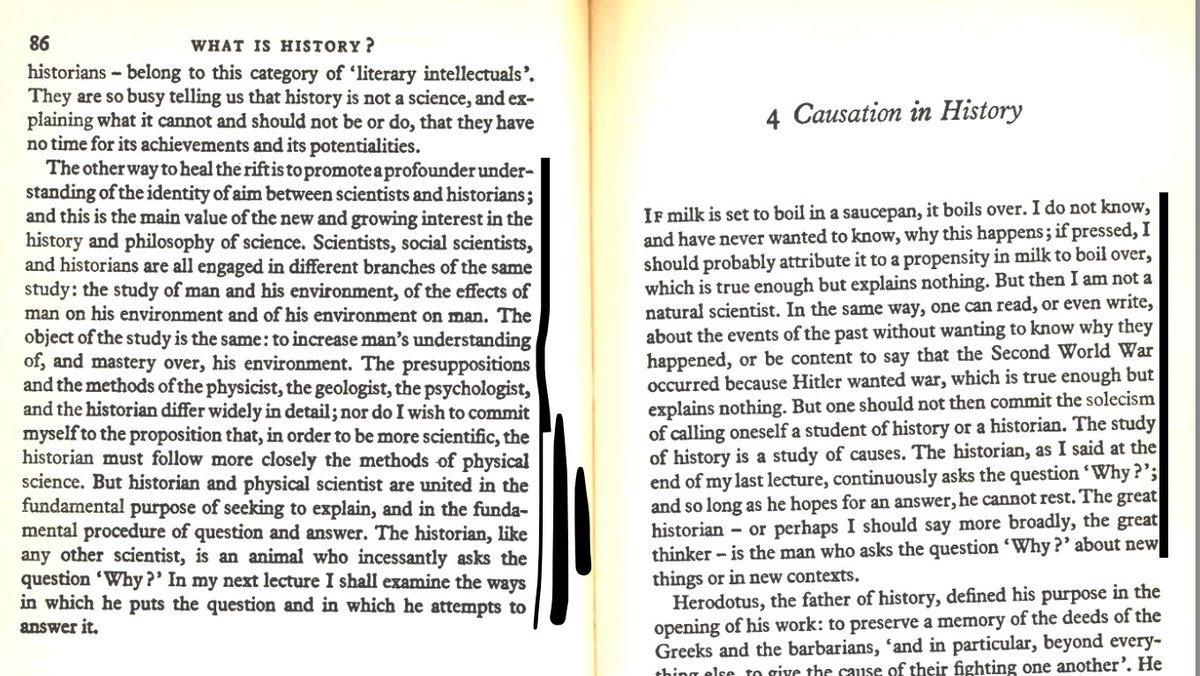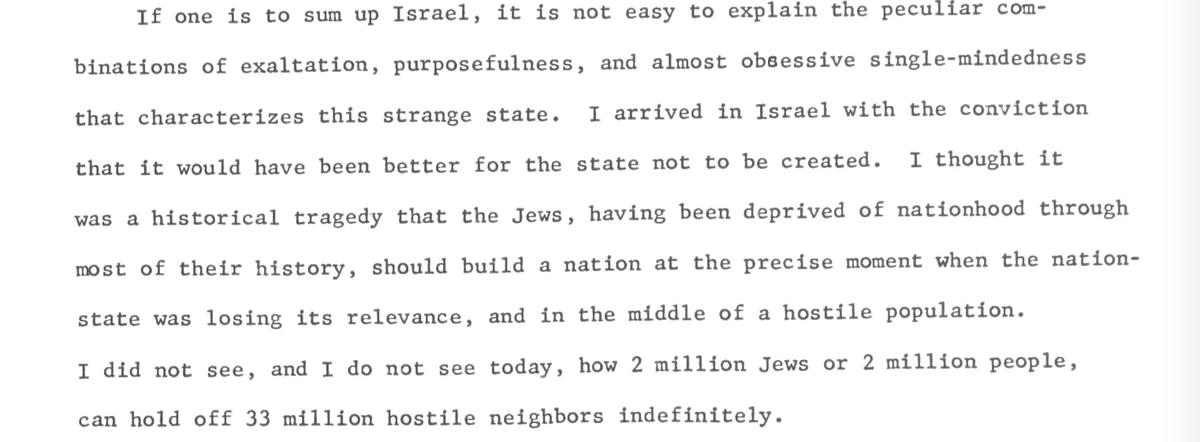
Also tomorrow, I return to dropping #Sabbatean news from the 17th-18th century.
Taking a break from R’ Zerah
Going to look at the Kitzur Shelah, R’ David Lida, & other pious Sabbateans in that era
Do real detective work & go beyond any published material on the topic
Taking a break from R’ Zerah
Going to look at the Kitzur Shelah, R’ David Lida, & other pious Sabbateans in that era
Do real detective work & go beyond any published material on the topic
2. In this thread, I’m not going to talk about R’ Zerah Eidlitz but instead about several other earlier pious #Sabbateans.
Over the next few days, I will use this as the intro and the thread-of-threads for sub-threads on each book.
Over the next few days, I will use this as the intro and the thread-of-threads for sub-threads on each book.
3. Some of these cases are different from R’ Zerah in certain ways:
4. First, many of them were young when S.Z. and Nathan of Gaza were operating. They may have even witnessed the mass movement.
But, as I've said before, Sabbateans- by our account- are those that kept the faith after the apostasy and death of S.Z.
But, as I've said before, Sabbateans- by our account- are those that kept the faith after the apostasy and death of S.Z.
5. Second, some of the Sabbatean allusions in some of these works were caught by their contemporaries or near-contemporaries. In particular, R' Moshe Hagiz and, later, R' Jacob Emden had keen eyes and zealous pens when it came to these things.
6. Third, there is some scholarship on some of the Sabbatean allusions in some of the works that I will talk about here.
I will, to the best of my ability, point you to those sources when I know them. And, I ask, that the readers do the same.
I will, to the best of my ability, point you to those sources when I know them. And, I ask, that the readers do the same.
7. However, I'm not here to be derivative only, I'm here to show you new stuff that other people haven't explored or haven't fully explored.
8. So I'll provide more examples, use rarer and older versions, and look at texts that have escaped authors' attention.
Some are really incredibly interesting.
Some are really incredibly interesting.
9. If you haven’t heard my disclaimer about heresy-hunting and a simplistic version of what it meant to be pious Sabbatean see:
threadreaderapp.com/thread/1562543…
And, if you want that restated and a short overview of the types of things they thought about see:
threadreaderapp.com/thread/1565674…
threadreaderapp.com/thread/1562543…
And, if you want that restated and a short overview of the types of things they thought about see:
threadreaderapp.com/thread/1565674…
10. Ultimately, the stuff we discuss in this thread:
-gives us data points of the stuff taught by pious Sabbateans
- fills out a world of pious rabbinic Sabbateans (challenges assumptions about the past).
- includes tons of new treasures
-gives us data points of the stuff taught by pious Sabbateans
- fills out a world of pious rabbinic Sabbateans (challenges assumptions about the past).
- includes tons of new treasures
11. From here on out I will you this thread to post links to sub-threads on works and authors.
• • •
Missing some Tweet in this thread? You can try to
force a refresh









